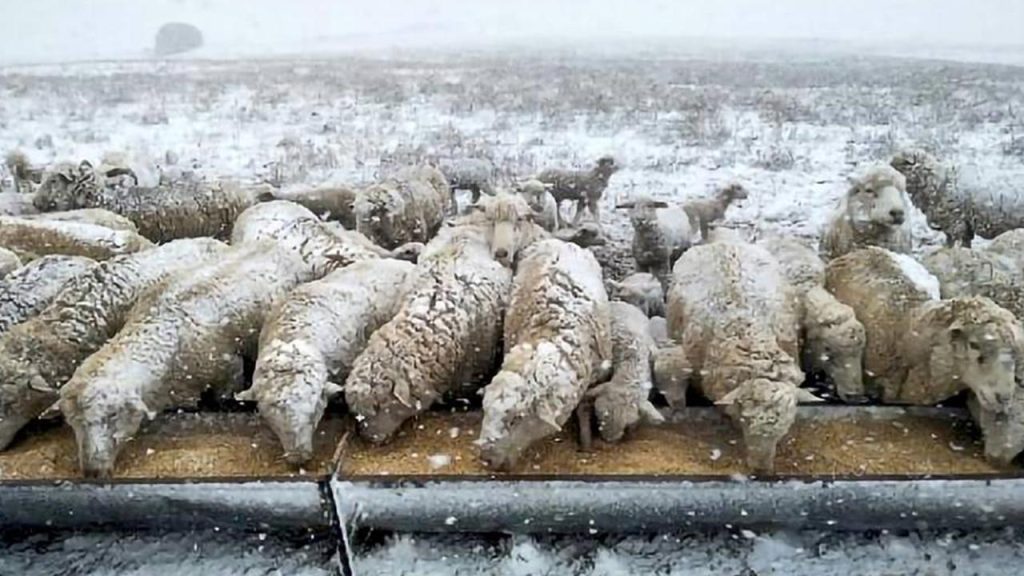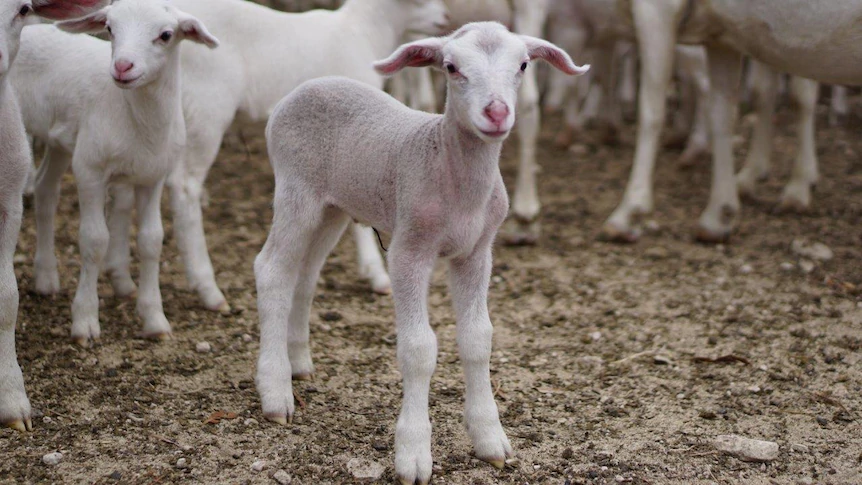Introduction
The serene image of sheep grazing in lush pastures often embodies the idyllic countryside. However, this picturesque scene is not without its challenges. Sheep graziers, tasked with the responsibility of managing and tending to these woolly creatures,
face a myriad of environmental hazards that can significantly impact their flocks. From inclement weather conditions to predatory threats, the job of a sheep grazier demands constant vigilance and preparedness.
This article delves into the various challenges faced by sheep graziers and offers insights into how they can safeguard their flocks against these adversities.
Environmental Challenges Faced by Sheep Graziers
1. Extreme Weather Events
Issue: Sheep graziers often contend with extreme weather conditions such as droughts, floods, storms, and heatwaves. These events can cause a shortage of grazing resources, water scarcity, and heat stress among the flock.
Impact: Insufficient grazing lands and water scarcity can lead to malnutrition and dehydration among sheep, affecting their health and productivity. Heat stress can cause heatstroke and even death in extreme cases.
Mitigation: Implementing drought management strategies, ensuring adequate water supply, and providing shade/shelter can mitigate the impact of extreme weather on sheep.
2. Predation
Issue: Predatory animals like wolves, coyotes, foxes, and even domestic dogs pose a significant threat to grazing sheep. These predators can cause substantial losses to the flock.
Impact: Attacks by predators not only result in the loss of individual sheep but also create stress among the remaining flock, affecting their overall well-being and productivity.
Mitigation: Employing guardian animals such as livestock guardian dogs or utilizing predator deterrents like fencing, lights, or noise-emitting devices can help deter predators and protect the flock.

3. Disease Outbreaks
Issue: Sheep are susceptible to various diseases, including foot rot, internal parasites, and respiratory infections. Disease outbreaks can quickly spread among a flock, leading to illness and mortality.
Impact: Diseases can significantly impact the health of the flock, leading to reduced productivity, increased veterinary costs, and potential long-term effects on the sheep’s health.
Mitigation: Regular health checks, vaccinations, proper hygiene practices, and quarantine measures for sick animals can help prevent and control disease outbreaks.
4. Forage Quality and Availability
Issue: Ensuring an adequate supply of quality forage is essential for the well-being and productivity of grazing sheep. However, fluctuations in forage availability and quality can occur due to seasonal changes or overgrazing.
Impact: Inadequate forage can lead to malnutrition among sheep, affecting their growth, reproduction, and overall health.
Mitigation: Employing rotational grazing, monitoring forage quality, supplementing with additional feed when necessary, and practicing sustainable grazing practices can help maintain sufficient forage for the flock.
FAQ:
1. How can sheep graziers effectively protect their flocks from extreme weather conditions?
Implementing strategies such as water management plans, providing shade and shelter, and stockpiling forage can help mitigate the impact of extreme weather. Additionally, having a contingency plan in place, such as access to alternative grazing areas during droughts, can be beneficial.
2. What measures can be taken to prevent predation on grazing sheep?
Utilizing guardian animals like livestock guardian dogs, employing proper fencing techniques, installing predator deterrents, and implementing regular patrols and monitoring can help deter predators and safeguard the flock.
3. How do sheep graziers manage disease outbreaks among their flocks?
Regular health checks, vaccination schedules, quarantine measures for sick animals, maintaining proper hygiene, and seeking prompt veterinary care at the onset of any illness are crucial steps in managing and preventing disease outbreaks.
4. What are sustainable grazing practices, and how do they benefit grazing sheep?
Sustainable grazing practices involve rotational grazing, proper forage management, and ensuring adequate rest periods for pastures. These practices promote healthier pastures, better forage availability, and improved overall health and productivity of the grazing sheep.
Conclusion
The role of a sheep grazier is multifaceted, requiring a deep understanding of environmental challenges and proactive measures to protect the flock. By addressing issues such as extreme weather events, predation, disease outbreaks,
and forage management, sheep graziers can ensure the health and well-being of their flocks while sustaining their livelihoods. Through strategic planning, vigilance, and implementing best practices, sheep graziers can navigate these challenges and maintain thriving, healthy sheep populations.
